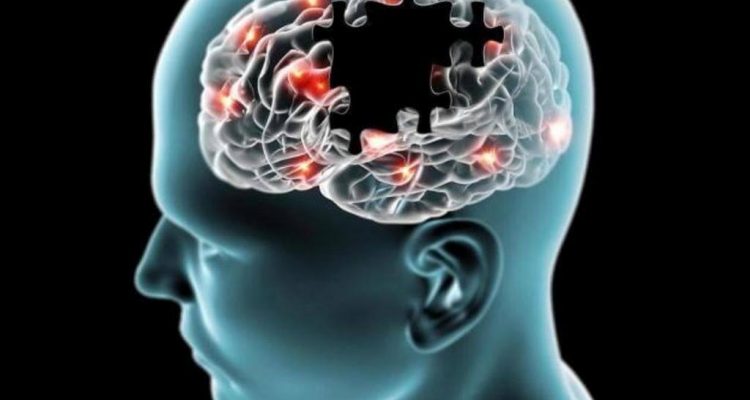
Early signs of dementia: six changes to look out for
0
The most effective way to slow down dementia is its early diagnosis and treatment.
The early stage of dementia lasts about two years on average, but it is not easy to detect dementia at this stage – its symptoms are often not perceived as signals of a brain disease. Meanwhile, if the pathology is diagnosed without delay and the person undergoes therapy, it allows stopping the process of the disease, which is destructive to the brain and central nervous system, and slows down its course. The Alzheimer's Society recommends looking out for several changes in the condition and behavior of loved ones that are the most common signs of early dementia.
Memory problems.Memory loss is often a symptom of Alzheimer's disease, and is also seen in vascular dementia and dementia with Lewy bodies. First of all, we are talking about a violation of short-term memory functions – a person does not remember recent events or actions.
Problems with organization.Most of the routine, household tasks are related to planning and a certain algorithm for their execution. In the case of dementia, a person ceases to cope with this: it can become a problem for him to go to the supermarket, buy the necessary things and pay bills, maintain order, etc.
Language and communication. The victim has difficulty choosing the right word in a conversation, often makes silly language mistakes, may not understand what is being said to him, becomes unable to properly maintain a conversation.
Mood changes. In the early stages. Dementia often causes depressive states, increased anxiety, increased irritability, and intolerance. People with dementia often become more withdrawn, disappointed in some aspects of their lives, lose interest in their former hobbies, their surroundings to the point of alienation and indifference.
Poor orientation. Victims of dementia may find themselves in a situation when a well-known environment suddenly becomes something new for them and causes disorientation.
Visual and perceptual difficulties. One of the signs of dementia is problems with distance estimation. A typical example: a person wants to put a cup on the table, but does not bring it, prematurely releasing it from his hands.









Leave a Reply